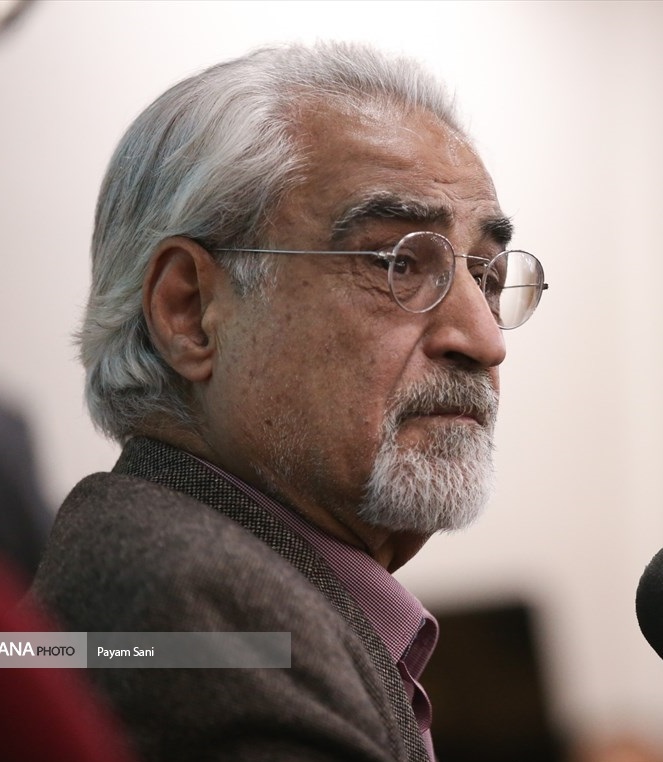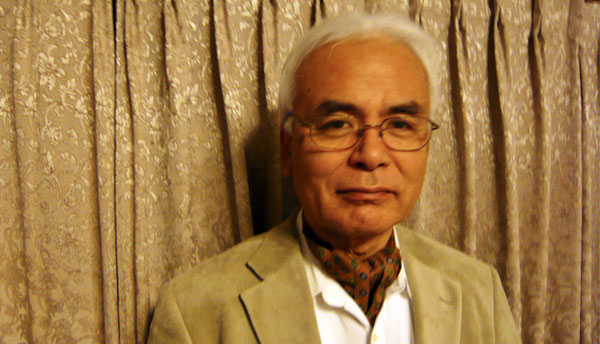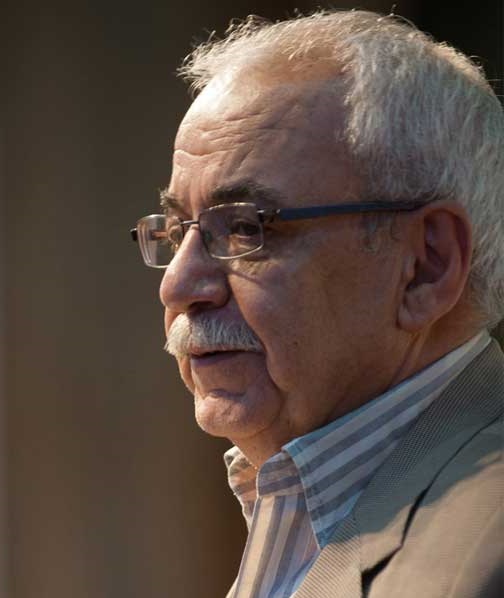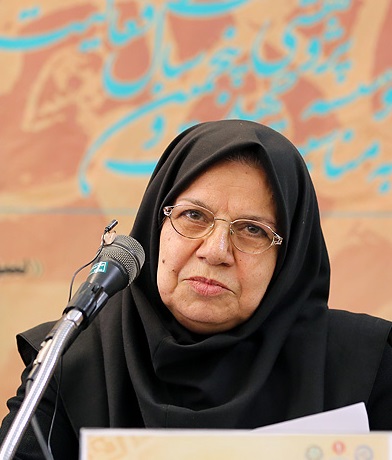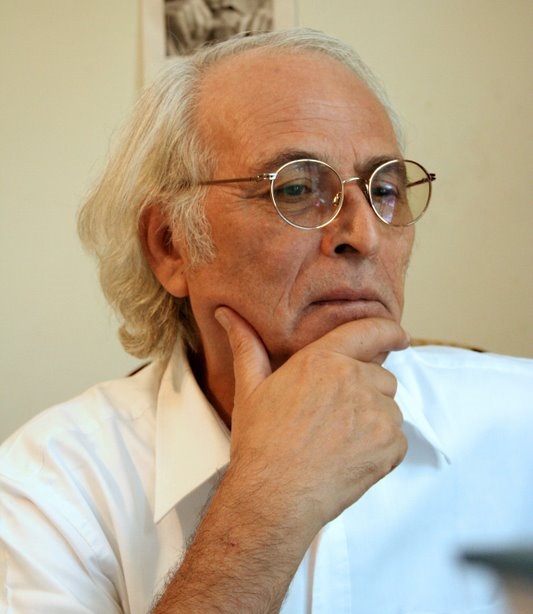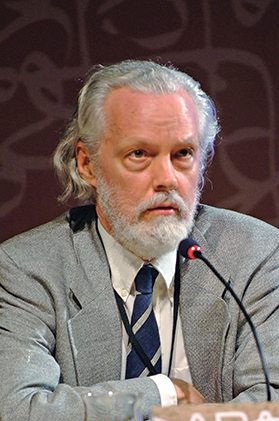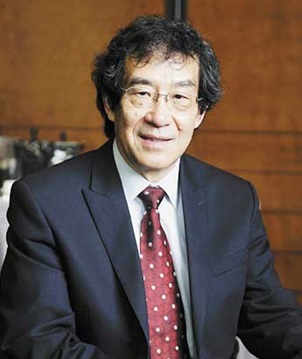The Problem of Art in Plato's Philosophy with emphasis on the doctrine of Intuition of The Good
Keywords:
plato, art, The Good, Knowledge, intuitionAbstract
The relationship between epistemology and ontology in Platonic metaphysics reveals itself in art. For Plato, in the first place, philosophy is a theoretical perfection to the extent of human power; secondly, the way of showing this theoretical knowledge of ethics, politics, and art is a practical accomplishment for both the philosopher and the community. Plato believes that intuition of The Good is the ultimate aim of wisdom, and this intuition is a condition for doing any personal or social work; therefore, everything, including art, is dependent on The Good. According to Plato, any art that does not have the truth is worthless; because there is no good and the more art comes closer to the reality, it would be more worthwhile. Although this is not explicitly mentioned in Plato's works, one can say that the soul of the artist has been reached to the intuition of The Good. Through creating an artwork, the artist manifests the features such as creator, originator, and innovator. Thus, with his artistic act, he would find himself similar to the origin of the world.




